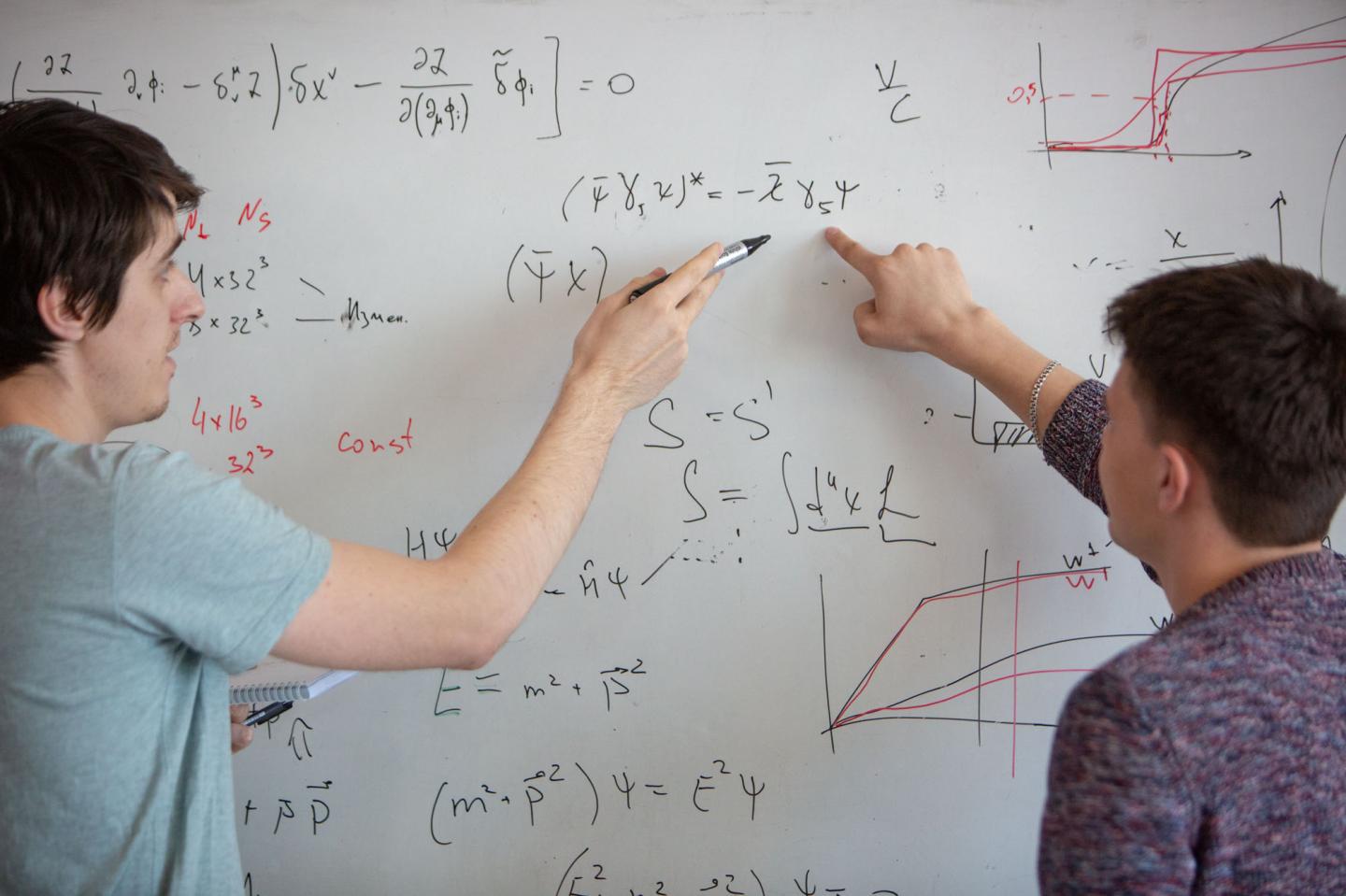
Credit: Roman Savin, FEFU press office
Scientists of Far Eastern Federal University (FEFU) won the Megascience-NICA competition of the Russian Foundation for Basic Research (RFBR) to support research on hadron and quark-gluon substances. A unique project in the field of theoretical physics to study the states of dense quark-gluon plasma led by Alexander Molochkov, the head of the Center for Chiral Biophotonics of the FEFU School of Biomedicine.
A special feature of the study is the simultaneous application of the two methods, i.e. quantum chromodynamics and machine learning (neural networks). Scientists believe that the neural network will allow extracting new information about the phase behavior of dense quark-gluon matter, based on numerical simulation data.
According to the modern scientific discourse, quarks and gluons are fundamental and indivisible components of matter.
“Presumably, in the first moments of the formation of the Universe, the substance was precisely in the state of quark-gluon plasma. One of the most interesting questions is how the properties of this substance modify along with a change in temperature and density, and under what conditions a normal hadron matter turns into quark-gluon plasma. The same interest is the study of cold dense quark matter, which can be found in super-dense celestial bodies, for example, neutron stars”, said Alexander Molochkov.
The study of the phase diagram of the quark-gluon matter is a topical issue of modern science. Scientific groups in almost all countries where fundamental research in the field of physics is conducted are trying to find it out.
The study of the properties of the quark-gluon plasma in FEFU has been engaged for more than ten years. A large team has been formed, which includes students, graduate students, and postdocs. In 2015, scientists won and successfully completed the project of the Russian Science Foundation (RSF) “Investigation of quark-gluon plasma using the methods of lattice quantum chromodynamics” under the guidance of Professor Atsushi Nakamura, University of Osaka (Japan). During this project, a toolkit has been developed that will be used in the new study.
###
Media Contact
Alexander Zverev
[email protected]




